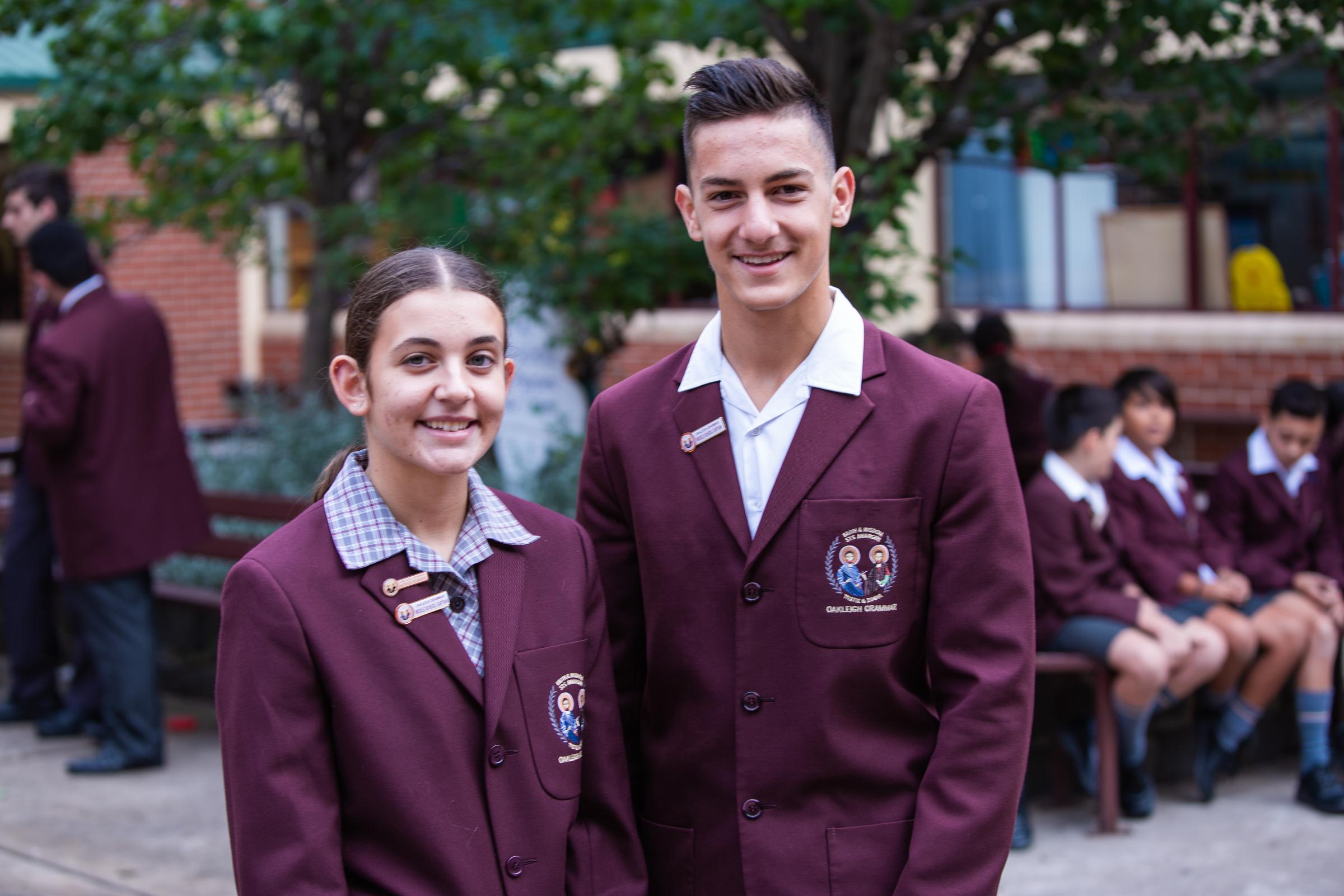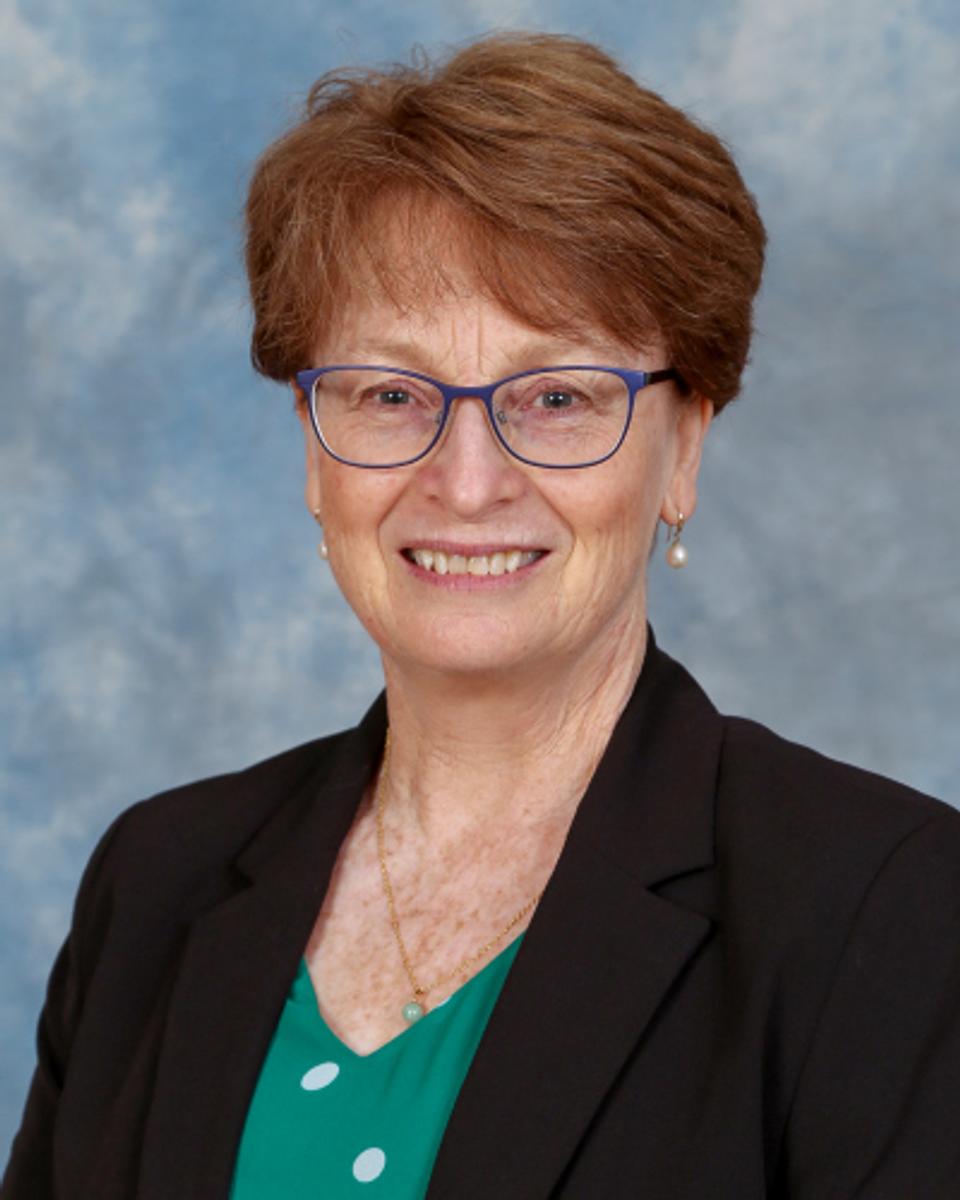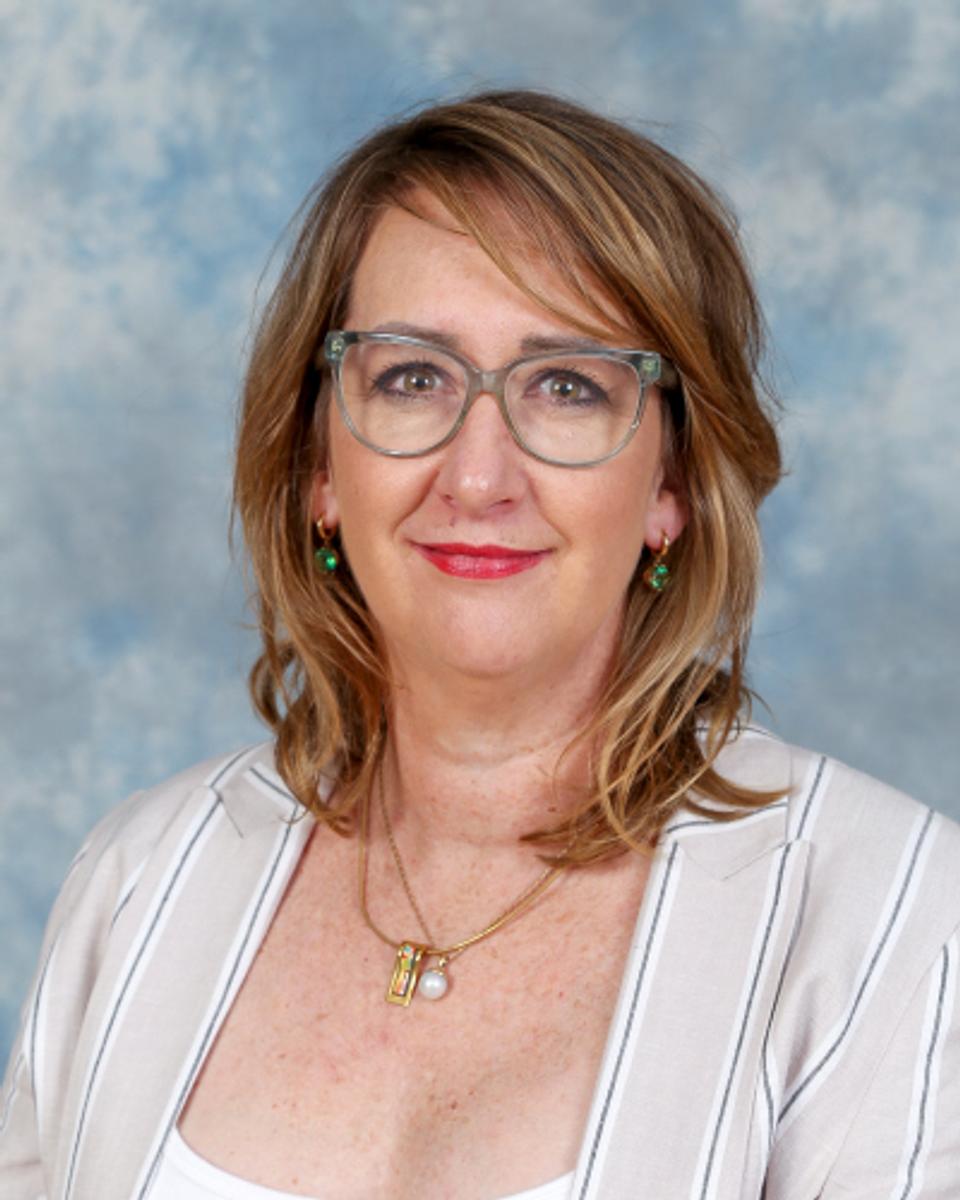
Middle School
SHARRON FRAME
Acting Head of Middle School
Remote learning has made life in many homes within the Middle School take on a new look. Other members of the family now take on the role previously the domain of teachers. Although, students have, and will, continue to receive learning materials, the supervision and organisation of their day is now home based. This is a first for, not only the students of Oakleigh Grammar, but indeed all students in the state. Moving forward, remote learning will continue to evolve. We know students need to see their teachers. The situation is fluid, and delivery methods will be reviewed and refined as we move into Term 2. Working together in partnership, the education of your children will continue.
Year 8 and 9 Coordinator - Michael Pegiou
With the Swimming Carnival, Athletics, Liturgies and a range of sessions with guest speakers this term, the start of the year at Oakleigh Grammar has certainly been eventful. As this is our students’ Time to Shine, I would like to recognise the efforts of all students, with a special acknowledgement to those in Years 8 and 9 who received a Leaner Profile Award:
| Caring: | Thomas Papadopoulos & Maria Kourkoutzelos | |
| Reflective: | Cameron ‘CJ’ Rocks & Konstantinos Ziannas | |
| Communicators: | Samuel Bridson | |
| Knowledgeable: | Sotiris Bakalis |
Our students have demonstrated their resilience in light of recent events, adapting well with the remote learning currently in place, ensuring they continue to have access to a high quality of education.
Although there may be some initial anxiety and students may feel overwhelmed, it is important we embrace this style of learning, and put forward good strategies to manage the work set for each subject. Students should aim to adhere to the time limits they would usually spend within class when working in each subject area, and ask questions through emails if they require clarification on a task. Moreover, having a tidy workspace and minimising distraction during school hours will enable students to best utilise their time.
We as teachers, understand that this can be stressful. To reduce any stress, communication with subject or home group teachers is key. We are all here to support each other, and ensure we make the most of the process and procedures we have in place.
Ultimately, it is important over the next few weeks that our young people take the time to reflect on their current efforts and challenges, in order to recognise how much they have achieved and what they can do to improve moving into Term 2.
I would like to wish all our families a happy, safe and blessed Easter/Pascha.
Year 6 and 7 Coordinator - Dean Damatopoulos
The year started with a bang, and we hit the ground running. Our Year 6 and 7 students have certainly made a great start, and have ended the term well. It is pleasing to see the way our students have been adaptable and resilient, especially taking on remote learning.
The school theme this year is ‘Your Time to Shine.’ In their initial pastoral sessions, students spent time creating their personal mission statements, which will be what they hope to achieve and shine in for the year. In subsequent sessions, students focused in on peer relationships, gratitude and positive mind set.
Whilst there was some anxiety around lockers, timetables and homework, students have become more confident in asking questions and seeking assistance from their home group teachers and coordinators. It is important that all students ensure they have locks on their lockers when their return in Term 2.
Remote Learning
On the home front, making sure that there is a copy of the timetable at home, books are clearly labelled, and that there is a set time for homework are ways of reducing anxiety.
Whilst students will be learning at home it is important that they take regular breaks.
Technology down time is also important, giving young people the opportunity to disconnect and engage in reading or physical activity. Given the current situation, this can be a challenge, but spending some time outdoors in the garden makes the world of difference.
This term students have had a myriad of events to participate in, and some have been recipients of our Learner Profile Awards. I would like to acknowledge the following students in Years 6 and 7 who have been worthy recipients;
| Caring: | Ketrina Mawal | |
| Principled: | Yianni Katisipodas | |
| Balanced: | Jeeya Fanda | |
| Thinkers: | Mikayla Haralambakis & Anastasia Apos | |
| Open-Minded: | Arkei Stathopoulos | |
| Risk Takers: | Charles Sowden | |
| Inquirers: | Nilesh Sharma & Olivia Calder |
I would like to wish all our families a blessed Easter/Pascha, and that you all remain safe during this time.
MELISSA FITZGERALD
Middle Years Programme Coordinator
What makes for an outstanding Year 10 Personal Project? Supporting your child through the Personal Project will make the world of difference to their learning.
Imagine being 15 again and having the opportunity to complete a rigorous academic project of your own choosing? What would you want to learn? What product would you want to create? Perhaps you would like to learn about your family history and culture, and create an illustrated recipe book? Perhaps you would like to learn about the environment, and create a campaign to inspire others? Maybe music is your passion and you would like to learn how to play the ukulele, and create a guidebook for others.
Well, the Year 10 Personal Project (PP) is a challenging student-directed venture, that provides an excellent opportunity for students to produce a truly special and creative work. The personal nature of the project is important; the project should be based around a topic that motivates and interests students. It can even be supported by specialists in the community who can share information and facilitate access to research and evidence. Taking approximately 25 hours to complete, each project is supported by a mentor who meets with the supervisee on three occasions.
As written in The IB MYP Projects Guide, “The inquiry process in MYP projects involves students in a wide range of activities, to extend their knowledge and understanding, and to develop their skills and attitudes. These student-planned learning activities include:
• Deciding what they want to learn about, identifying what they already know, and discovering what they will need to know to complete the project.
• Creating proposals or criteria for their project, planning their time and materials, and recording developments of the project.
• Making decisions, developing understandings and solving problems, communicating with their supervisor and others, and creating a product or developing an outcome.
• Evaluating the product/outcome and reflecting on their project and their learning.
As students become involved in the self-initiated and self-directed learning process, they will find it easier to construct in-depth knowledge on their topic, as well as to develop an understanding of themselves as learners.”
The project also requires students to consider and explore humanity and their guardianship of the planet. As such, they must choose one of the following Global Contexts to establish the relevance of their inquiry:
• Identities and relationships
• Orientation in space and time
• Personal and cultural expression
• Scientific and technical innovation
• Globalization and sustainability
• Fairness and development
In addition, students must demonstrate clearly how they have met the Approaches to Learning (ATL) skills when presenting and reporting on their project. These are effective skills that complement their personal learning, and include: mindfulness, perseverance, emotional management, self-motivation and resilience to name a few.
The Personal Project is a challenging experience for all Year 10 students. However, it is a unique opportunity for them to focus their academic interests in a meaningful way, that showcases their passion for learning. You can support your child to create an outstanding PP by having an understanding of the task, and ensuring that they are making regular entries in their process journal.
In addition, there are a number of good websites you can access which I have listed below. Have fun and enjoy the PP!


